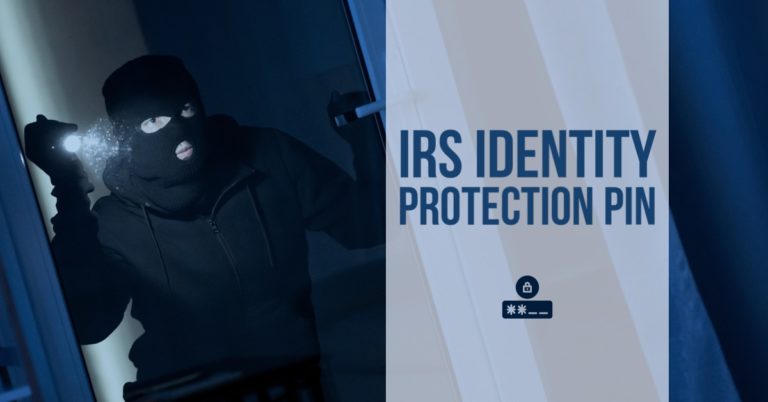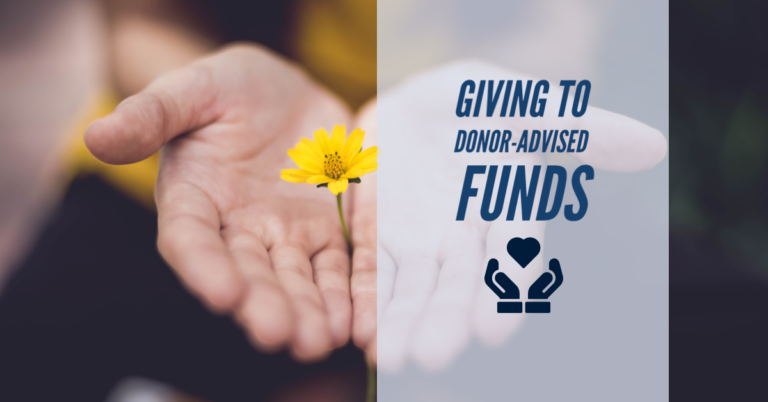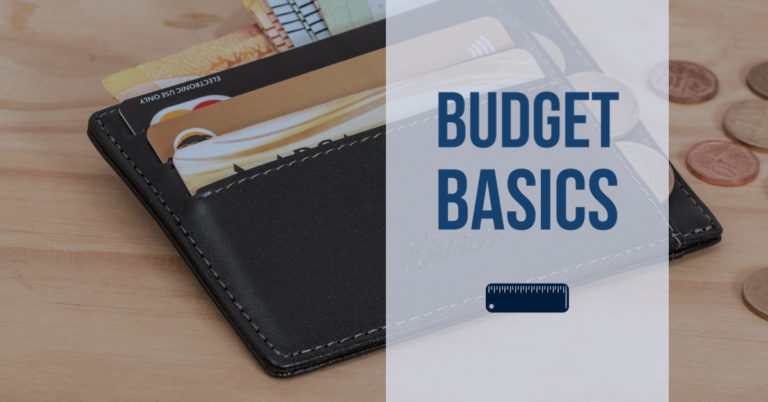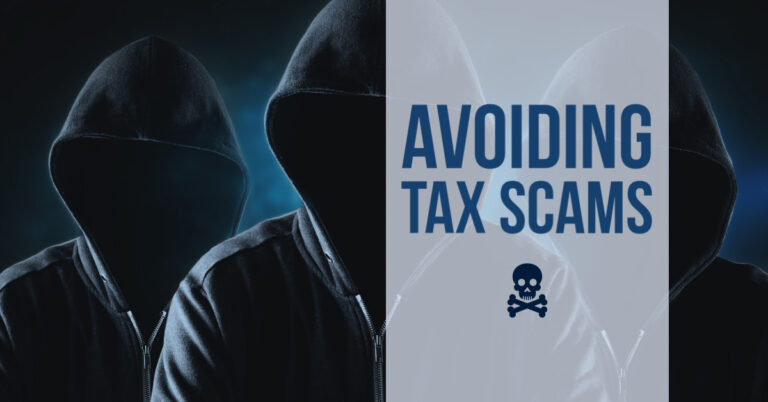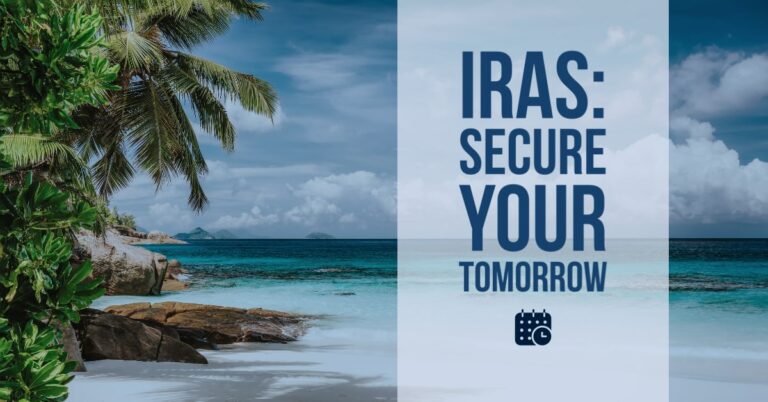Life is full of unexpected twists. If you have a crisis, you don’t want your life to go down in flames.
What can you do to protect yourself and your family?
Establish a financial safety net. This ensures that you’re less vulnerable when a financial emergency arises.
Consider setting up a cash reserve: a pool of readily available funds that can help you meet emergency or highly urgent short-term needs.
How Much Money Is Enough for a Financial Safety Net?
Most financial professionals suggest that you keep three to six months’ worth of living expenses in your cash reserve.
The actual amount, however, should be based on your particular circumstances.
Fixed costs to plan for:
- Home mortgage or rent
- Car payments
- Medical needs and costs
- Utilities and grocery costs
- Medical costs
Other considerations for your safety net include job security, health, and income. Also, do you have short-term and long-term disability protection?
The bottom line: Without an emergency fund, a period of crisis like unemployment or disability could be financially devastating.
Building Your Cash Reserve
Once you’ve determined the amount of money you need, it’s time to start building your financial safety net with a cash reserve.
Save Aggressively
Here’s some steps to take to eliminate the shortfall of cash:
- Use payroll deduction at work if it’s available
- Budget your savings as part of regular household expenses
- Reduce your discretionary spending (e.g., eating out, movies, lottery tickets)
- Earn extra income (some apply their skills to side jobs or sell belongings)
Tap into Assets and Investments
- Use current or liquid assets (already in cash or can be converted to cash within a year, like a short-term certificate of deposit (CD)
- Use earnings from other investments (e.g.,stocks, bonds, or mutual funds)
- Look into other resources (e.g. Do you have a cash value insurance policy that you can borrow from?)
Borrowing from Credit
It’s good to know your options just in case there is a crisis.
Your credit line can be a secondary source of funds in an emergency. Yet, borrowed money should be considered as a last resort because it has to be paid back (often at high interest rates).
Where to Keep Your Cash Reserve
You’ll want to make sure that your safety net cash reserve is readily available when you need it.
An FDIC-insured, low-interest savings account
This is often the most accessible place for cash, but a savings account often doesn’t earn enough interest to keep up with inflation.
Money Market Accounts
Money market accounts generally offer higher interest rates, but usually require higher account balances and fewer transactions. Like savings accounts, interest rates are currently very low.
Money Market Accounts vs. Money Market Mutual Funds
Don’t confuse a money market mutual fund with a money market deposit account. An investment in a money market mutual fund is not insured or guaranteed by the FDIC. Although the mutual fund seeks to preserve the value of your investment at $1 per share, it is possible to lose money by investing in the fund.
When considering a money market mutual fund, be sure to obtain and read the fund’s prospectus, which is available from the fund or your financial advisor, and outlines the fund’s investment objectives, risks, fees, expenses, etc. Carefully consider those factors before investing.
Short-term Certificate of Deposits (CDs)
CDs typically offer higher interest rates than savings accounts, with little (if any) increased risk.
It’s important to note that CDs and other certain fixed-term investment vehicles (i.e., those that pledge to return your principal plus interest on a given date) impose a significant penalty for early withdrawals.
So, if you’re going to use fixed-term investments as part of your cash reserve, you’ll want to be sure to stagger their maturity dates over a short period of time (e.g., two to five months). This will ensure the availability of funds, without penalty, to meet sudden financial needs.
Review Your Safety Net Periodically
Your personal and financial circumstances change often: a new child comes along, an aging parent becomes more dependent, or a larger home brings increased expenses.
Because your cash reserve is the first line of protection against financial devastation, review it annually to make sure that it fits your current needs.
More Information
If you have questions, contact us to discuss your situation.
To check out our other articles on business topics, click here.
Smith Patrick CPAs
Smith Patrick CPAs is a growing firm based in St. Louis, MO. From accounting to wealth management, our team takes a consultative approach. We provide excellent, personal service to small businesses and financially active individuals. It’s our goal to help you to make the best decisions, saving you money and headaches.
About Smith Patrick CPAs
Smith Patrick CPAs is a boutique, St. Louis-based, CPA firm dedicated to providing personal guidance on taxes, investment advice and financial service to forward-thinking businesses and financially active individuals. For over 30 years, our firm has focused on providing excellent service to business owners and high-net worth families across the country. Investment Advisory Services are offered through Wealth Management, LLC, a Registered Investment Advisor.

